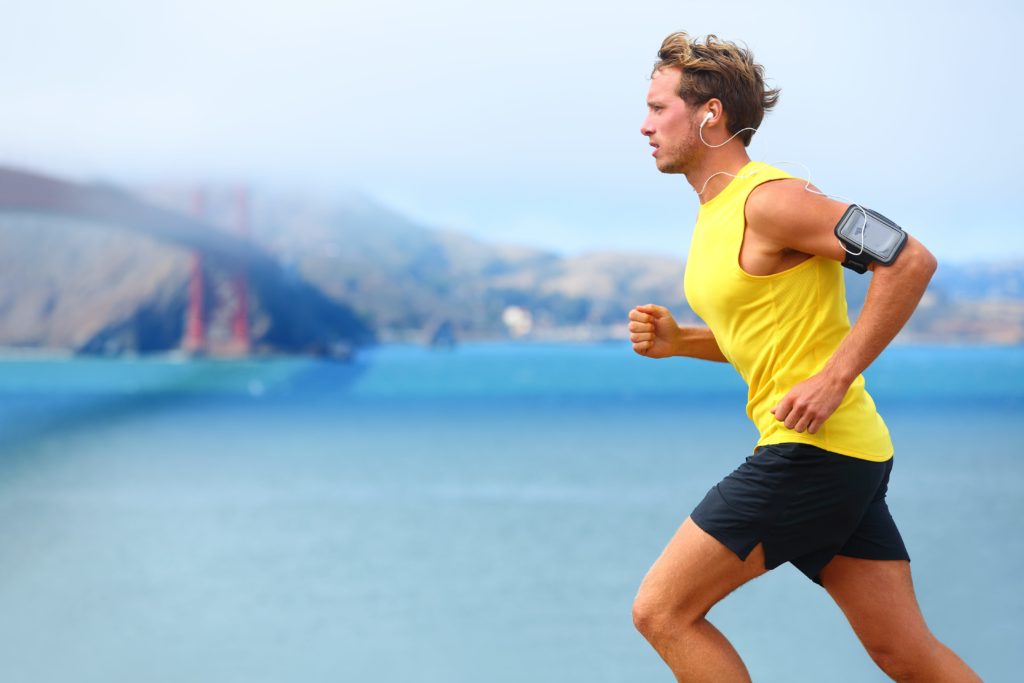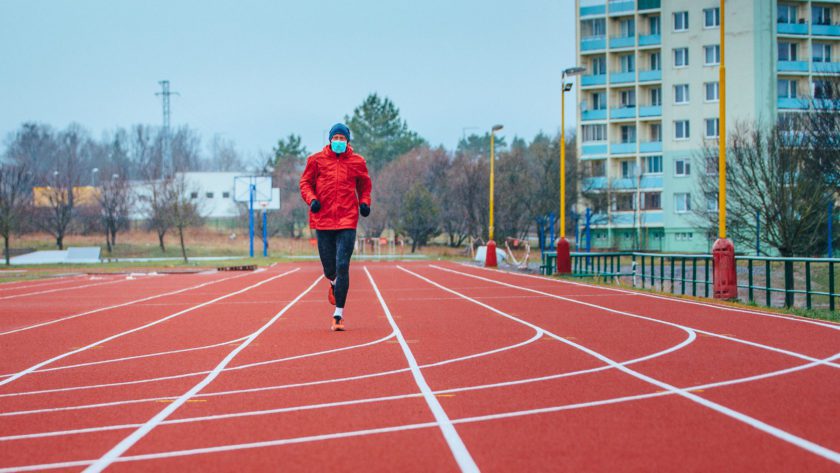We’re currently hyper-focused on social distancing, hand washing, and self-isolating to flatten the coronavirus curve. But researchers suggest that some lifestyle strategies can boost your immune response and fight disease. Here are some science-based tips that’ll give you an edge in staying healthy.
The Human Immune System
Parts of the “Immune System” include white blood cells and antibodies — as well as bone marrow, the spleen, thymus, lymphatic system, and complement system:
- White blood cells (WBC) include lymphocytes (e.g., B-cells, T-cells, natural killer cells) and many other types of immune cells. White blood cells make up 1% of your blood and are the key players in the immune response. They move through blood and tissue looking for microbes (think of the WBC’s as being primed and ‘looking for a fight’) — e.g., viruses, bacteria, parasites, fungi. Using many cells, proteins, and chemicals, they launch an attack on these foreign invaders by producing antibodies when they find them.
- Antibodies are Y-shaped proteins produced by white blood cells. They help your body fight microbes and toxins (poisons). Antibodies recognize certain substances on the surface of a microbe (antigens or “bad agents”) and mark them for destruction. They neutralize (kill) foreign-invading antigens.
Four Healthy Ways to Increase Immunity in Coronavirus Crisis
1. Exercise boosts immunity by increasing circulation and raising body temperature.
White blood cells and antibodies circulate more rapidly because exercising increases circulation. This means that these defenders can detect and target microbes sooner. According to a recent study published in the British Journal of Sports Medicine, the data suggests an inverse relationship between physical activity and fitness level and the rates of upper respiratory tract infection (URTI).
- 1,002 subjects in the study participated in aerobic exercise 5+ days/week vs. sedentary subjects who exercised 1 or no days/week for 12 weeks.
- The high volume exercisers significantly reduced the number of days with URTI by almost 50%.
- If the subjects did come down with a cold, they reported less severe symptoms by 32% to 41%.
Exercise raises body temperature. During exercise, heat is generated through muscle contractions.
- Research has shown that the simple physical reaction of increasing your body temperature may help kill germs.
- The amount of heat your muscles produce depends on the amount of work they perform. The more strenuous and the longer your workout, the more muscle heat is produced.
- A fever is an immune system response. A rise in temperature can kill some microbes.
What Type of Exercise is Best for Boosting Immunity?
Whole-body dynamic cardiorespiratory exercise is particularly effective. That is, exercise that engages multiple muscle groups and increases your heart and respiratory rates (e.g., brisk walking, jogging, rowing, aerobic dancing). Each round of exercise instantaneously mobilizes billions of immune cells — especially those that recognize and kill virus-infected cells, e.g., antibodies and white blood cells.
2. Get fresh air.
Did your mom ever say, “Wear a jacket or you’ll catch a cold.”? Being cold is not, by itself, going to make you catch a cold (a virus). Researchers found that normal exposure to moderate cold does NOT increase your chances of getting an infection.
Health experts confirm that the reason most people get sicker in the winter when it’s cold and flu season, people tend to spend more time indoors and in close quarters than in the warmer, summer months. This sets up an environment for illnesses to spread.
Cold weather and indoor dry heat can also dry out the lining of your nose — leaving you more susceptible for getting an infection. The mucous membranes need to stay moist to “catch” the viruses that make their way into your mouth, nose, or eyes when exposed to someone who’s infected.

Can Walking or Running Outside Cause You to Get the Coronavirus?
Findings now indicate that the virus might be spread through these two ways:
- Direct contact (respiratory droplets and person-to-person)
- Indirect contact (contaminated objects and airborne transmission)
The likelihood of becoming infected with the virus depends on two factors:
- Duration of exposure
- Viral load (i.e., the amount of virus the body is exposed to)
But when outdoors, the respiratory droplets are bound to rapidly disperse. So even if exposed, the viral load is very small — too small of an amount to be infected. Social distancing is still in effect though, because you can still get infected via direct contact outside.
3. Manage your stress.
Stress can weaken the immune system by releasing cortisol and producing cytokines. There is a strong correlation between mental health and immune health. Cortisol is released (the stress hormone) when you’re stressed, which can suppress your body’s ability to fight off foreign invaders. That’s why those who are under chronic stress tend to get sick more often, which was substantiated by researchers at Carnegie Mellon University.
- Cytokines were more likely produced when stressed. Cytokines are molecules that trigger inflammation and were TWICE as likely to get sick. In this study, published in Proceedings of the National Academy of Sciences, 276 healthy adults were exposed to the cold virus, then quarantined for five days while being monitored.
- A 2012 study published in the Annals of Internal Medicine, found that adults 50 and older who performed moderate-intensity sustained exercise daily or practiced mindfulness meditation for 8 weeks were less likely to get sick with a respiratory infection than subjects who did not do either. They also missed fewer days of when they did get sick with less stress with behavioral interventions.
- When stressed out, you may be less likely to maintain other healthy habits. For example, you may have difficulty sleeping and are getting inadequate amounts of sleep plus emotional eating patterns can set in — both of which can weaken the immune system.
4. Get enough sleep.
The lack of sleep suppresses your immune system by releasing cortisol and decreasing T cells. Your immune system ‘recharges’ during sleep and weakens when it doesn’t get enough rest.
Stress hormones (like cortisol) are released when you’re sleep deprived. But cortisol will keep you awake and alert. It’s a vicious cycle. When you’re anxious, stressed, and worried, these negative emotions, you can’t sleep, then cortisol is released, which causes you to be even more awake and alert.
- Higher levels of T cells were found in people who got a full 8 hours of sleep compared to those that slept less per a 2019 study.
- Likelihood of catching a cold was 4X less when they slept at least 7 hours/night compared to those who slept less than 6 hours/night (per a 2015 study published in the journal Sleep.

![]() Karen’s Fit Tip: Take control over the things you CAN control; and let go of the things you cannot.
Karen’s Fit Tip: Take control over the things you CAN control; and let go of the things you cannot.

